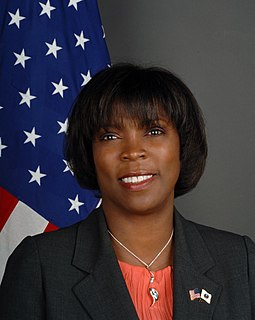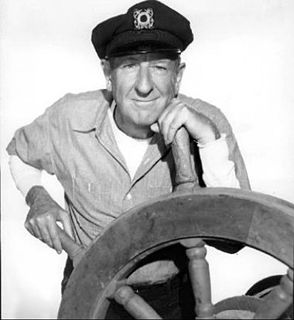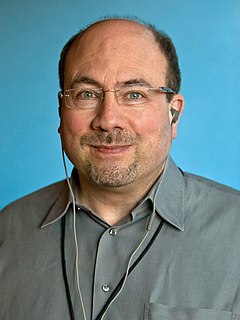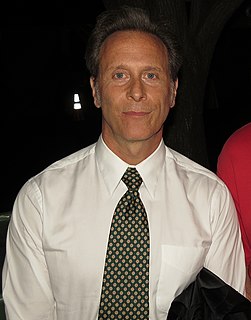A Quote by Samuel Alito
It was a time of turmoil at colleges and universities. And I saw some very smart people and very privileged people behaving irresponsibly. And I couldn't help making a contrast between some of the worst of what I saw on the campus and the good sense and the decency of the people back in my own community.
Related Quotes
Music has as many roles as people make it. I traveled to Burma once years ago to witness the people's struggle for democracy, meet some people and learn some stuff. And I had this incredible experience over and over again in the Burmese jungle or refugee camps or health clinics with very oppressed, very devastated people. I show up, and I'm white and I'm American and I'm privileged and I have an experience that these people can't fathom and vice versa. There was this huge chasm when I met people for all good reasons.
Incidentally, the very, very first review that James Lavelle and I saw of Endtroducing was very negative! It was in The Wire, and the context of the review was that, you know, Mo'Wax was so far behind Ninja Tune. Heheheh. And people wonder why there was this sense of a feud between labels! We just kind of looked at each other and we were like, 'Oh, well, let the floodgates open!' But, not to be facile, that was literally the last bad review I ever saw for that album.
At uni I met a lot of people I had nothing in common with. Some were very clever, some very rich, some very sporty. Some of them became my best friends, but not at first. Having things in common isn't always the best start to a friendship. I'd stick with it! Also, try to chat to people when they're on their own. So many people feel they need to perform in big groups.
If Martin Luther King looked at the Obama administration and saw an intimate connection with Wall Street, he'd be very critical. If he saw drones being dropped on innocent people, he'd be very critical. If he saw rights and liberties violated by secret policies of the government, of the kind we've seen by the National Security Agency, he'd be very critical.
We are a very open, very democratic site, which means we get all sorts of people. We do get some bad guys who are a few fries short of a Happy Meal. So we have to enlist the aid of our community to help us. The lesson implicit in this is that people will help you out and behave in a really good way. If you trust them, they will respond to that trust.
Meaning and value depend on human mind space and the commitment of time and energy by very smart people to a creative enterprise. And the time, energy, and brain power of smart, creative people are not abundant. These are the things that are scare, and in some sense they become scarcer as the demand for these talents increases in proportion to the amount of abundant computing power available.
Turgenev saw human beings as individuals always endowed with consciousness, character, feelings, and moral strengths and weaknesses; Marx saw them always as snowflakes in an avalanche, as instances of general forces, as not yet fully human because utterly conditioned by their circumstances. Where Turgenev saw men, Marx saw classes of men; where Turgenev saw people, Marx saw the People. These two ways of looking at the world persist into our own time and profoundly affect, for better or for worse, the solutions we propose to our social problems.
Many of the fights that are going on are not ones that the United States has either started or have a role in. The Shia-- Sunni split, the dictatorships that have suppressed people's aspirations, the increasing globalization without any real safety valve for people to have a better life. We saw that in Egypt. We saw a dictator overthrown, we saw Muslim Brotherhood president installed and then we saw him ousted and the army back.


































